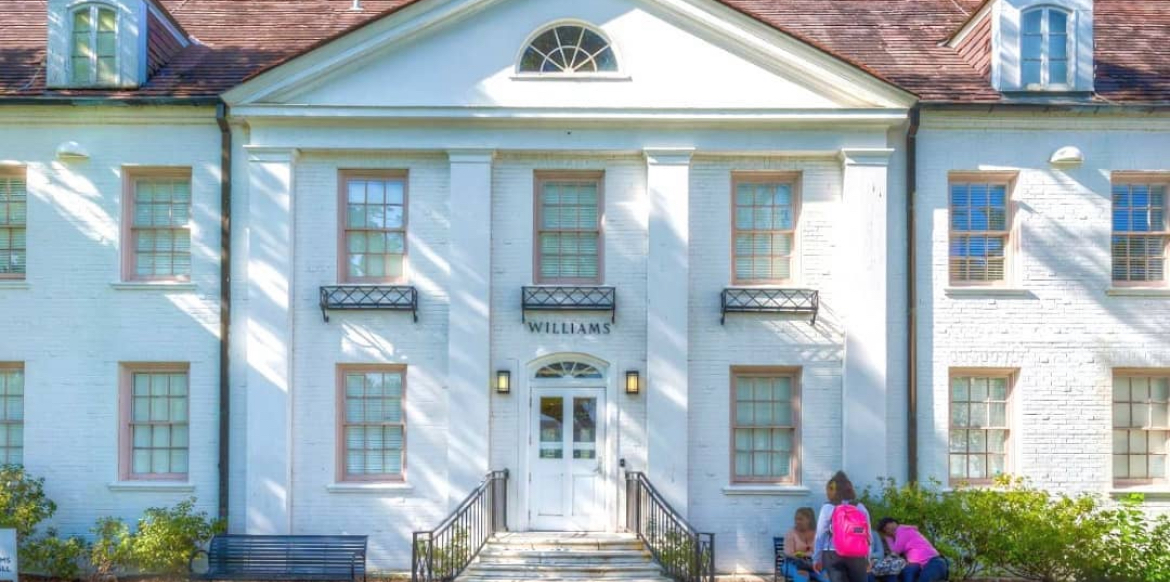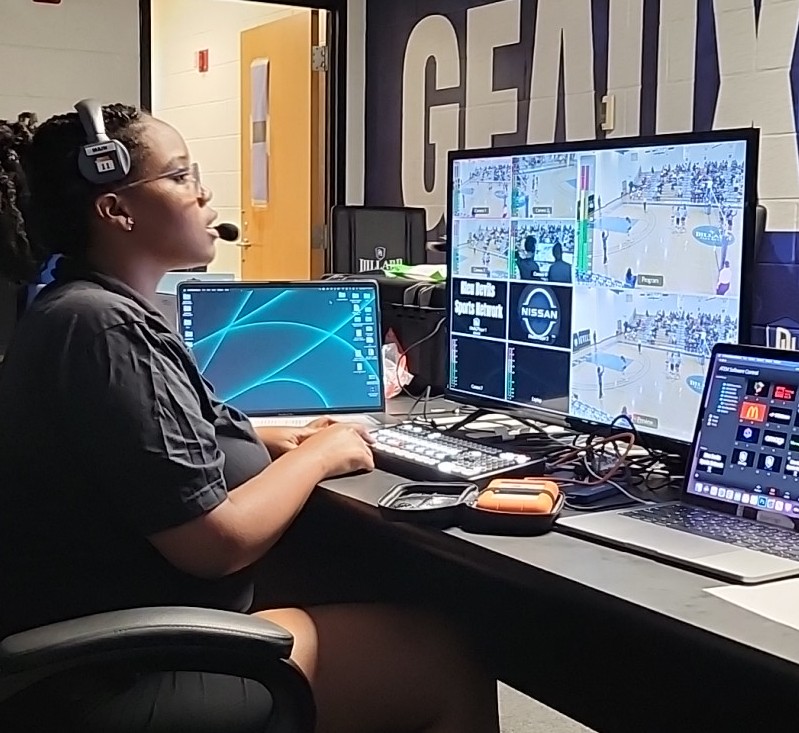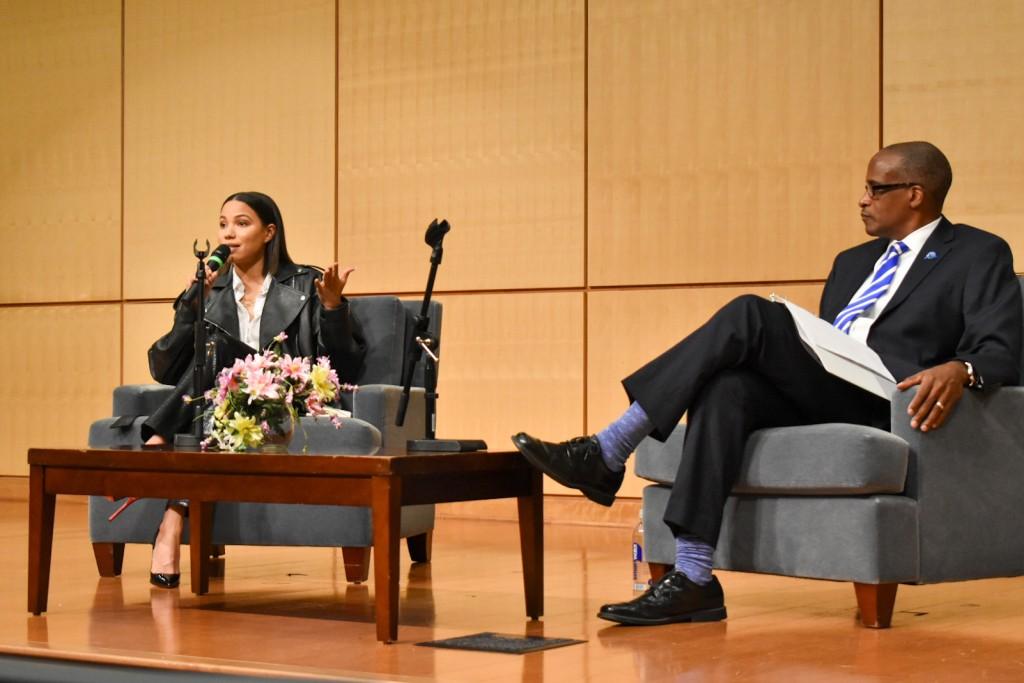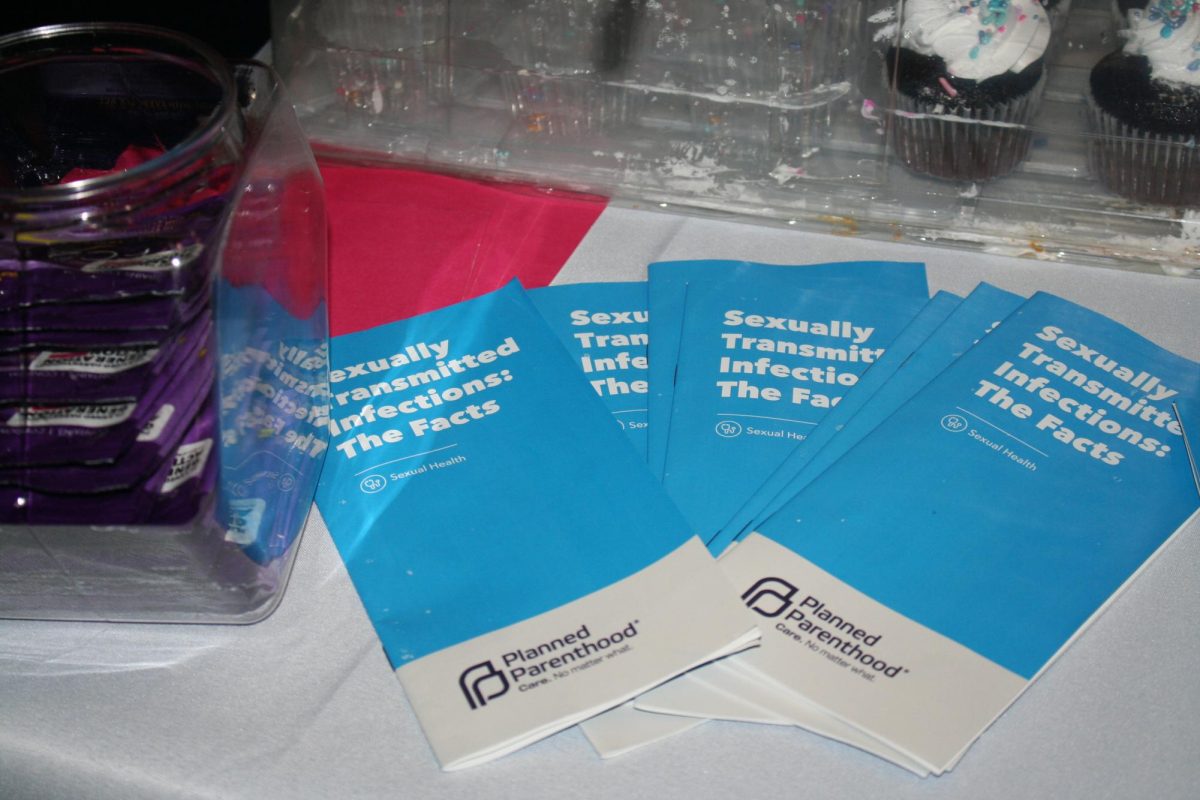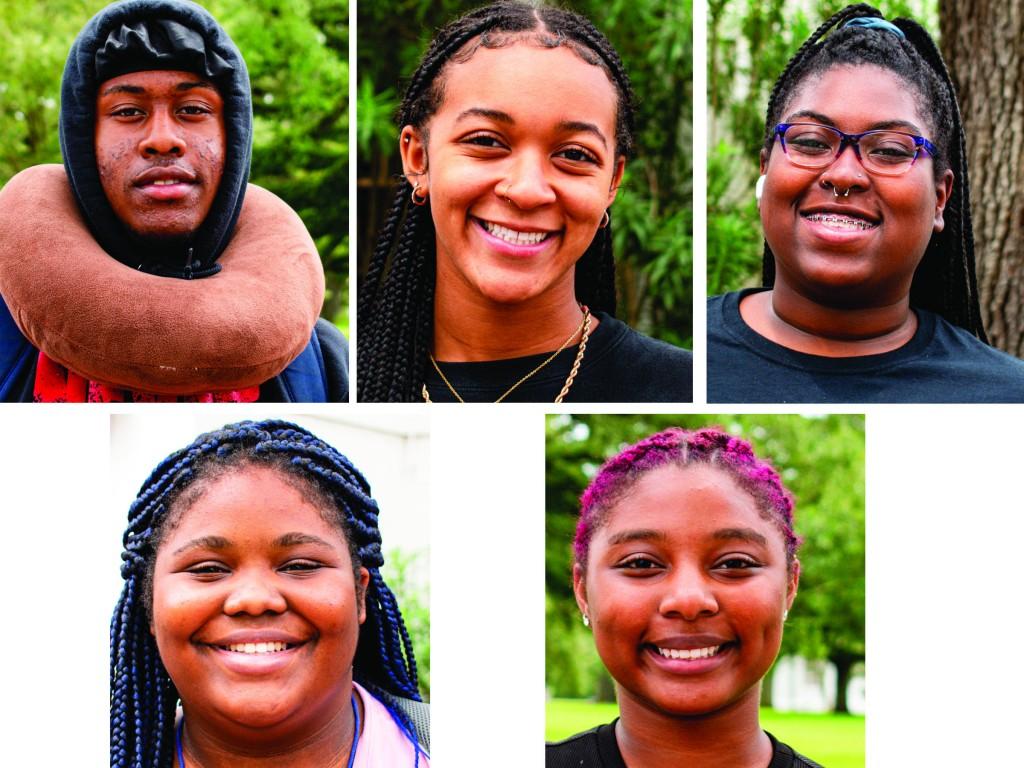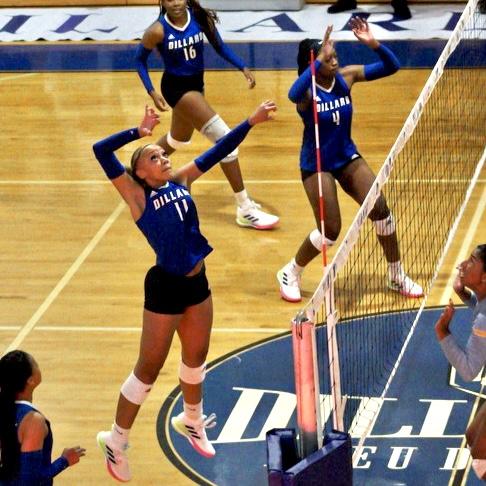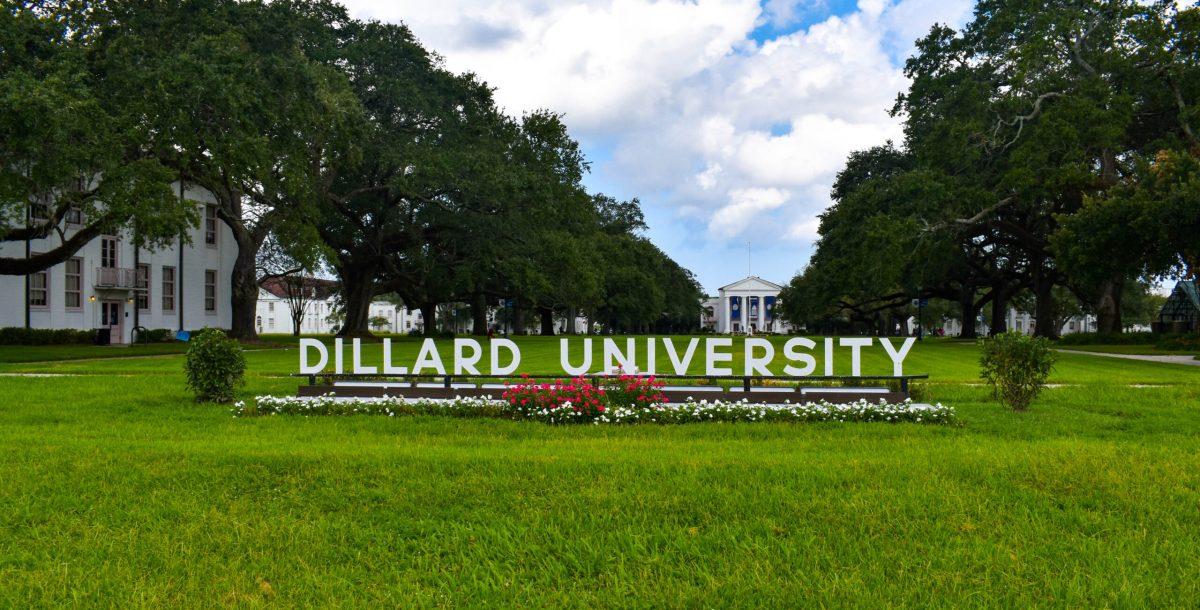
NEW ORLEANS (November 6, 2020) – On the heels of Dillard’s reaccreditation Sept. 3, the next step is a report in April regarding the areas of general education assessment, financial responsibility and control of finances, according to Dr. Danielle Duffourc, the school’s accreditation liaison.
Duffourc, assistant vice president for Institutional Research and Effectiveness, made the announcement at the faculty’s General Assembly on Wednesday.
The Southern Association of Colleges and Schools Commission on Colleges, known as SACSCOC, reported its Board of Trustees had reaffirmed the school’s accreditation on Sept. 3 through 2030, ending a 15-month timeline of reports, off-site and on-site reviews by institutional peers.
All higher-education institutions go through the process during which its accrediting body looks at every aspect of the school to document its resources, programs and services to accomplish its mission. Not only is this important to ensure graduates receive a quality education, but receipt of financial aid for students is predicated on accreditation.
Dillard’s five-year report will be due in 2025.
Duffourc also announced that a request for substantive change, required when major changes are made in instruction delivery, was reviewed and approved Oct. 13, with the criminal justice program serving as the exemplar program for Dillard.
In a press release announcing the SACSCOC decision, Dr. Yolanda Page, vice president for Academic Affairs, praised Duffourc’s “ardent leadership” and thanked faculty and staff who participated in preparation of the report.
In a recent interview, Duffourc said one of her biggest challenges when she came aboard in the middle of the reaccreditation process was “was simultaneously meeting people, getting to understand the information that was submitted before I arrived and letting them know what was needed in the next steps.”
Every school is expected to continuously assess its operations inside the classroom and outside and continuously improve. Right now, each DU program is working on curriculum mapping to ensure that the general core and major classes are assessing student learning outcomes appropriately.
One of the key components of accreditation is creation of the Quality Enhancement Program, or QEP, designed to address the specific needs of DU students. Dillard’s new QEP is #TalkingontheOaks, focusing on oral presentations, and assessment began this semester in major classes and the core.
The process starts with compliance certification 15 months out from the deadline, which was early 2019 for Dillard, certifying the school’s self-assessment process was honest and accurate. Next came the proposal for the new QEP to focus on improving student outcomes. An off-site review was conducted with up to 11 peer evaluators from the university’s peer schools, followed by an on-site peer review. At its conclusion, a written report was provided noting areas of noncompliance. The school must then respond in these areas.
Finally, the Executive Council recommended action to its full Board of Trustees, which convenes twice a year.
In addition to integrity in all matters and a clear mission, other areas examined during the process are:
– Governing board, including a clear distinction between its policy-making and fiduciary oversight and the administration and faculty’s responsibility to implement policy.
– Administration and organization, regarding legal authority, fundraising and ensuring appropriate qualifications for academic officers and non-faculty.
– Faculty, requiring a “critical mass” of qualified full-time faculty to provide direction of programs.
– Institutional planning and effectiveness, ensuring systematic review of institutional goals and outcomes consistent with its mission. This includes the QEP.
– Student achievement, including assessment and review of student learning outcomes, with services to support student success.
– Educational program structure and content, indicating a coherent course of study consist with the university’s mission and at least 120 semester credit hours at the baccalaureate level.
– Educational policies and practices, showing access to policies on academic calendars, grading cost and refunds; ensuring quality and integrity of school transcripts; and primary responsibility for curriculum effectiveness ascribed to faculty.
– Library and learning/information resources, ensuring access to appropriate resources to support academic programs.
– Academic and student support services, related to appropriate education for personnel; provision of students rights and responsibilities; guidance on student debt; and clear procedures for addressing student complaints.
– Financial and physical resources, demonstrating a stable financial base, including audits and an annual budget, ad adequate physical facilities and resources.
– Transparency and institutional representation, including reporting substantive changes and accurate representation of the school’s accreditation status to the public.
In addition to the required full accreditation for the university, separate programs may also earn accreditation from their program-specific bodies. For example, DU’s College of Nursing and its College of Business have earned separate accreditation.
(Christian McGary contributed to this report.)


